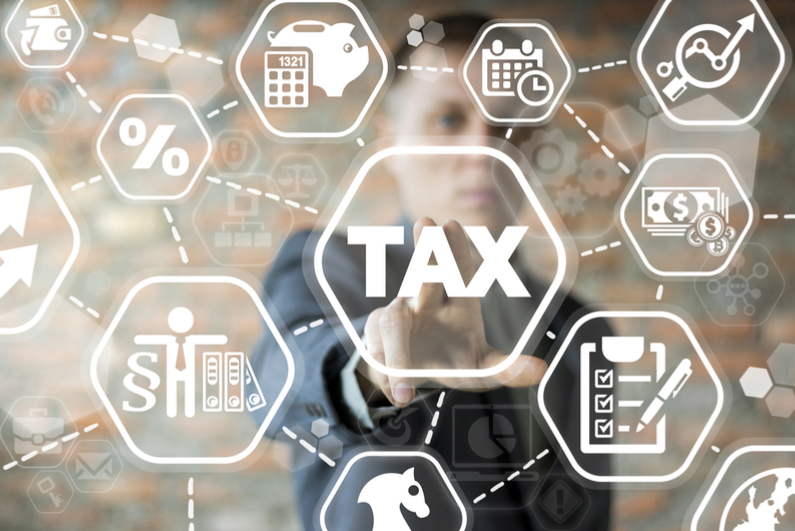Over in Australia, iGaming is set to become more expensive for digital bookmakers thanks to new state taxes, expected to generate up to $A30m (£17m/$22m) a year.
Soon, all bets placed online in the state of Victoria will come under a new tax. This will hit online betting companies hard at 8% of their net wagering revenue. It is lower than the 15% proposed by other states but it’s naturally worrying online bookmakers, many of which are owned outside of the country.
How will it work?
Known as the “point of consumption” tax, the new tax will work by taxing the bookies based on where the bet is placed, instead of where the company is licensed. This will be a big shock for those operating multi-state licenses who could find themselves hit with bigger tariffs dependent on the state.
But for the local government, the current situation has been compared to tax avoidance. Victorian Treasurer Tim Pallas was quoted as saying: “Essentially, you’ve got a situation applying at the moment where online gambling operators are effectively avoiding tax — they don’t pay a cent of tax when they are providing product into this state.”
He concluded: “They are not paying their fair share and have an unfair advantage against the domestically based product.”
Who will it affect?
Mainly the online-only bookmakers, the likes of Sportsbet, CrownBet, Ladbrokes, and Bet365. But it is worth saying that this is still just a proposed tax and will need to be voted through in January. In fact, it’s still only half what has been proposed for Western Australia. With pressure by other industry giants pushing for a higher regulation, the online bookmakers have banded together to protest. Through the industry group Responsible Wagering Australia, they are arguing that the tax is not only excessive but also unsustainable.
But with Victoria as the current home of Australia’s horse-racing, seeking a lower tariff hasn’t calmed the crowd either.
Announcing the details of the proposed new tax in Victoria, Mr. Pallas said that 1.5% of its revenue would go to the racing industry to “offset” the impact of diminished fees and sponsorships paid by online bookmakers.
What about other countries?
Australia tends to have a unique approach to who is responsible for paying taxes on gambling. European countries, particularly Germany, employ very strict tax systems. The country’s 16 states can set their own rates, with some levies as high as 90%. And they’re not alone. In France, Austria, Luxembourg, and Denmark, it’s not uncommon to find tariffs in the 75-80% range.
The UK is slightly different in that it has a tiered system approach, taxing casinos differently based on their level of income. And the high rollers, those who exceed £5m ($6.75m) in gross gaming yield, get taxed a whopping 50%.
Italy offers a much sweeter deal because the country only having four casinos. They aren’t subject to any taxes on casino game winnings (although there is a small one for machine revenue).
But the winner has to be Russia, where operators can pay a monthly fee depending on how many tables and machines they have.
Small pockets of Asian casino countries are certainly making themselves more welcoming. Macau is currently at 39% and Kenya has been at 35% since 2017.
This African nation is interesting. The new tax was much higher than the previous 12%, although a more dramatic 50% rate was first mooted. It is hoped that the revenue will help Kenya’s youth, who rely on gambling as a career option and among whom the availability of mobile phone gambling has become worrying.
On the opposite side, Cambodia is seeking to attract new investors by lowering their tax rate to among the lowest in the world, between 4 and 5%. Gambling in the country has increased by almost 40% in the last few years and the country is keen to explore this new stream of revenue.
When will they take effect?
The new tax rate still needs to be approved and the process won’t start until January. But the gambling industry has made their voices known.
To recognize that, the impact of the tax will be reviewed within 18 months of its implementation.
Giles Thompson, Racing Victoria’s chief executive, said the industry relied on income from wagering service providers. He said: “Given that the impact of a point-of-consumption tax on the behavior of customers and wagering service providers cannot be judged with absolute clarity until after its implementation, we are pleased that the government has committed to conduct a formal review.”
Paddy O’Sullivan, chief executive of the Australian Hotels Association Victoria, said the tax was a positive step in addressing the “low level of tax paid by corporate bookmakers compared to bricks-and-mortar retail operators”. He said pub operators would continue making the case to the state government for an increase to a nationally consistent 15% tax rate.
Will these changes persuade any operators to leave the country? Probably not, because there are certainly better rates in Australia than in a lot of countries. But it is hard to implement a tax when you have got used to there not being one for so long. Regardless, Victoria will still be known as the home of racing and the state is taking steps to protect that.
As to any more increases, we will have to see what Australia decides next.



